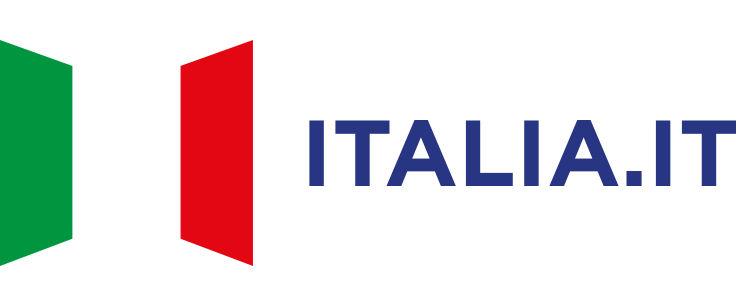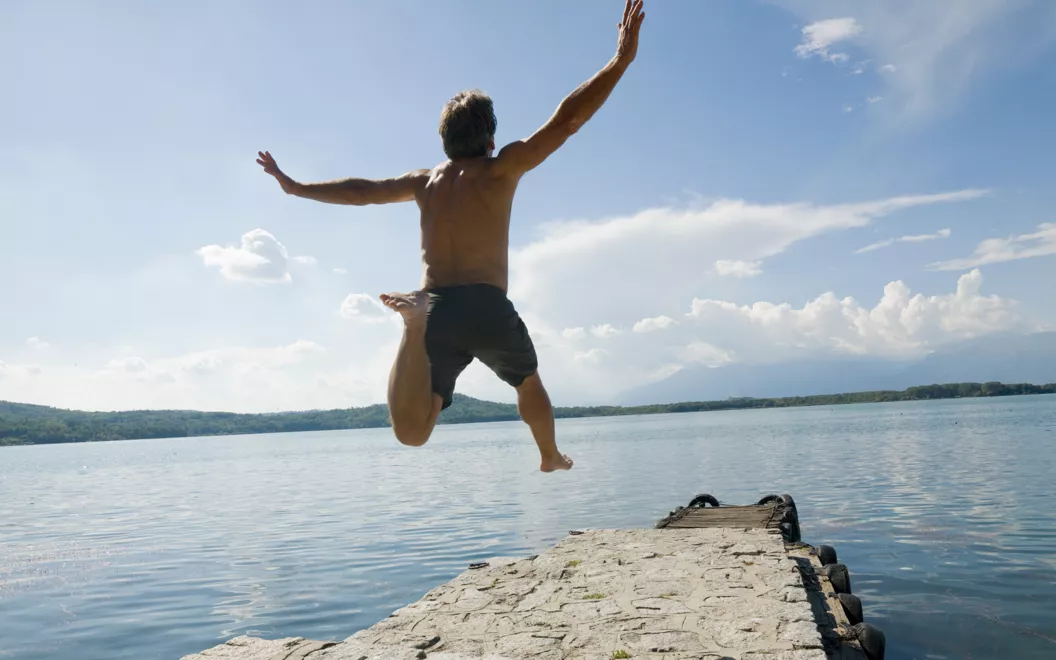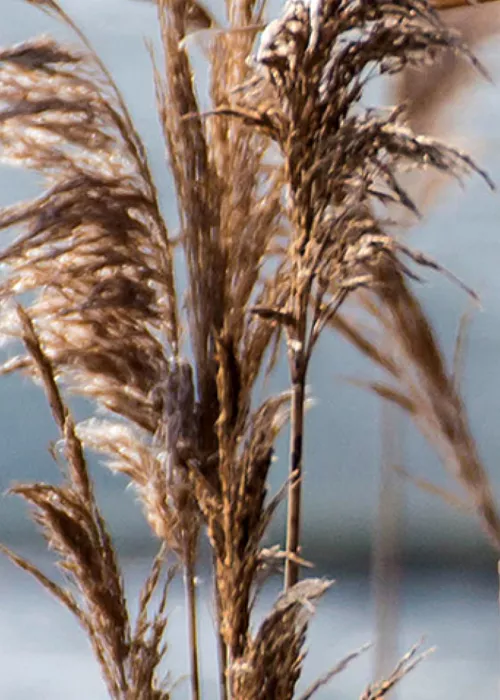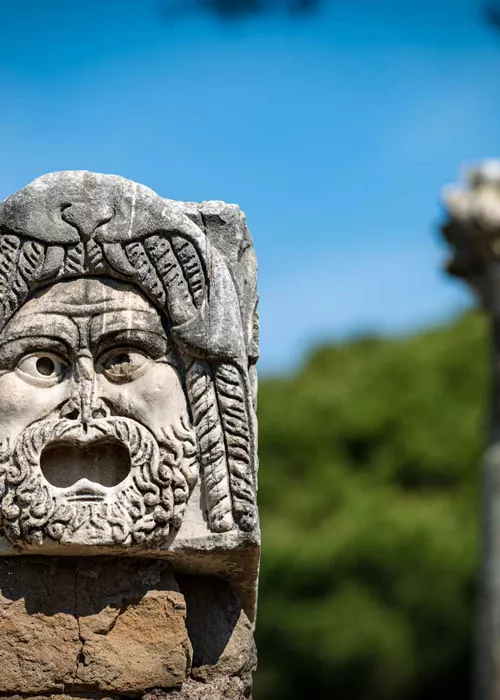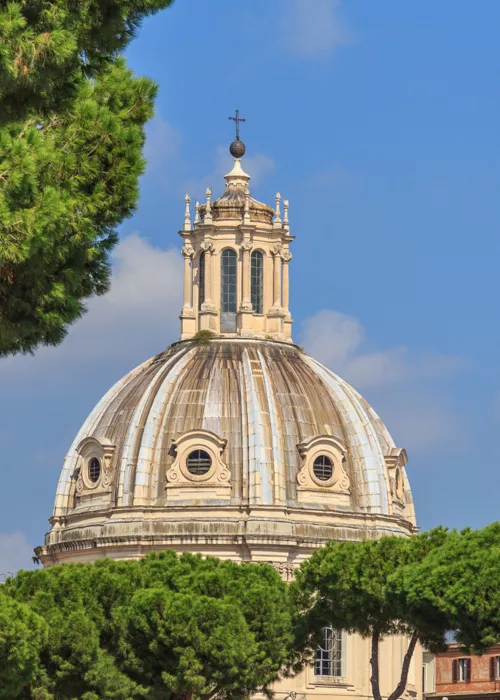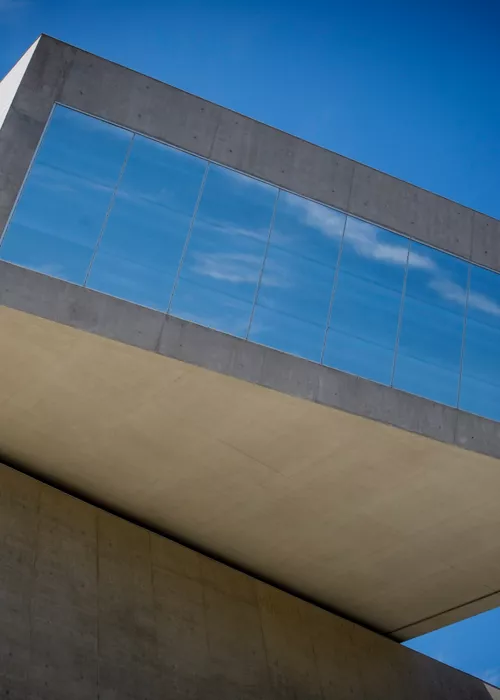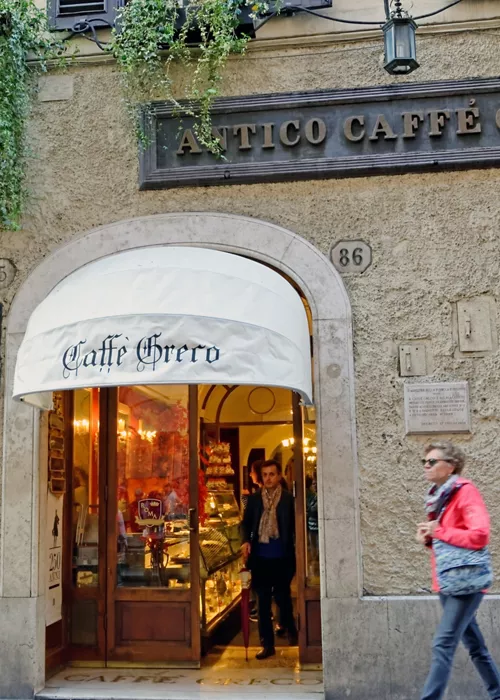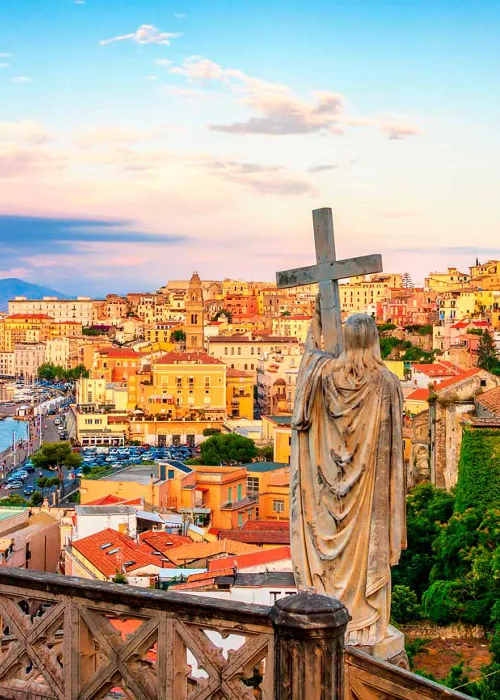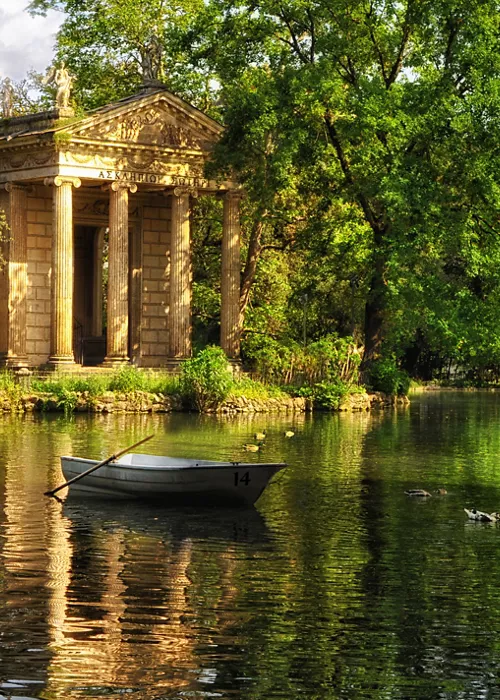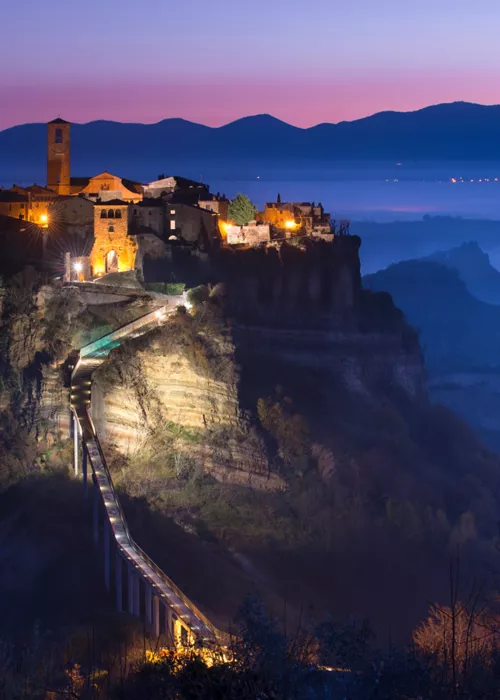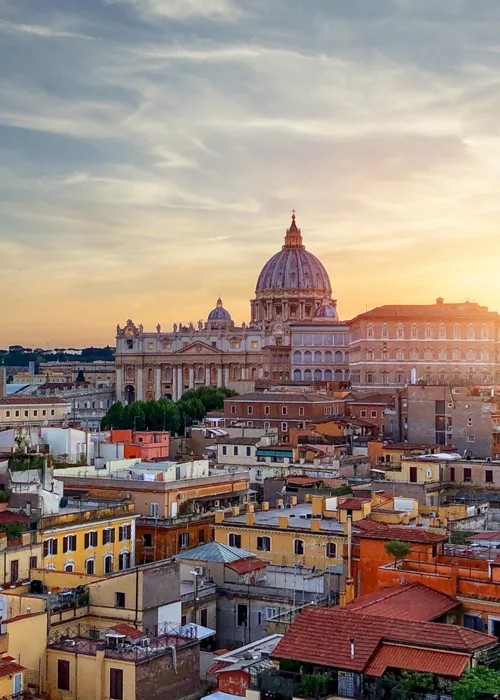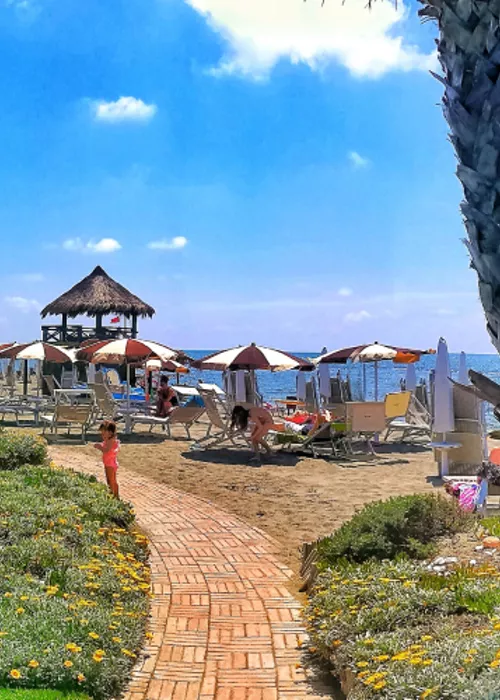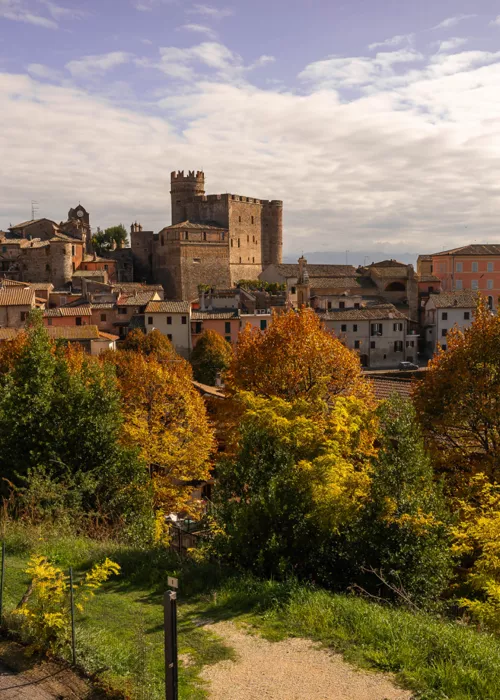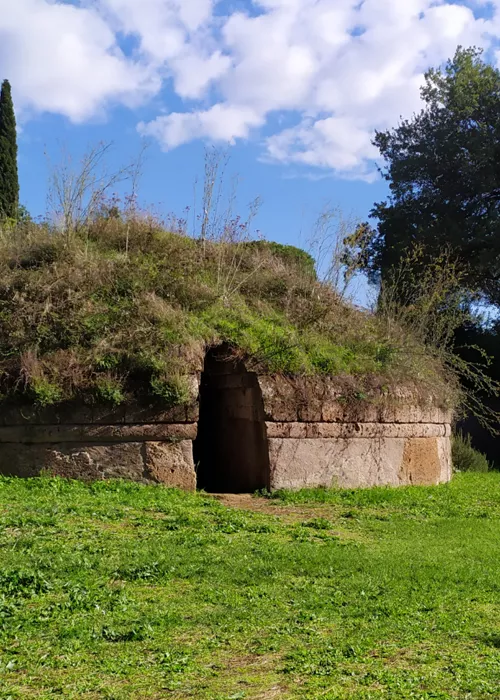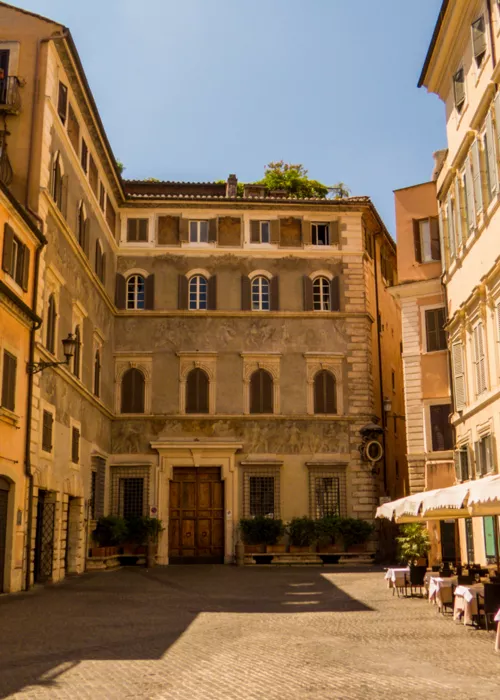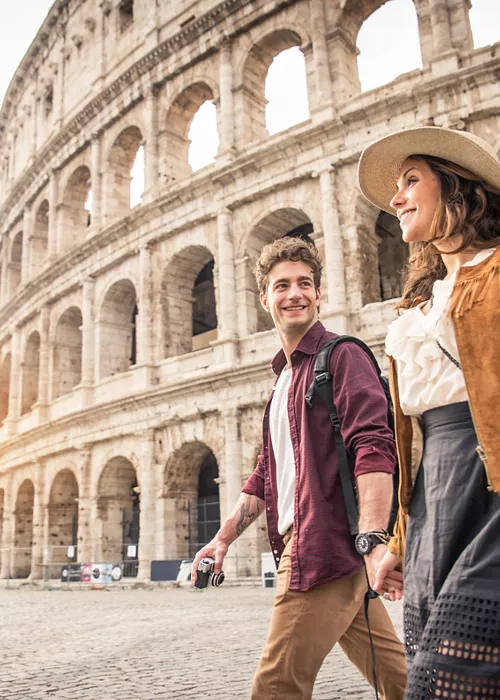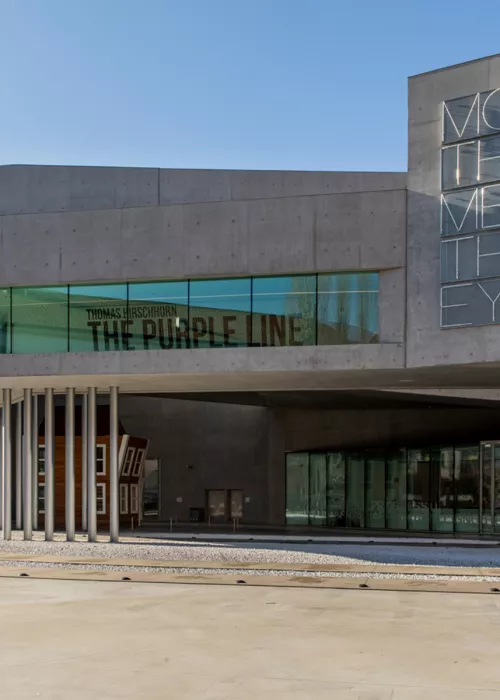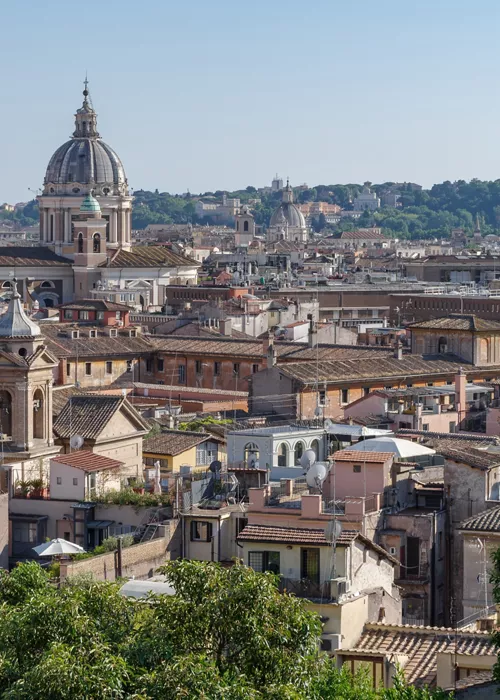The Big Jump on the Tiber and throughout Europe
2 minutes
We sometimes take rivers for granted, forgetting how important they are to our lives: they carry water, nourish the earth, help us in our travels, and much more. Yet too often we mistreat them, polluting and soiling them. To try to put a stop to this and promote knowledge and protection of rivers, a wide variety of initiatives have sprung up over time.
One of the most original and entertaining ones is the Big Jump, a collective dive into the rivers throughout Europe. Save the date for the year 2023: the huge European flash mob will be on the 9th of July.
Tiber Big Jump
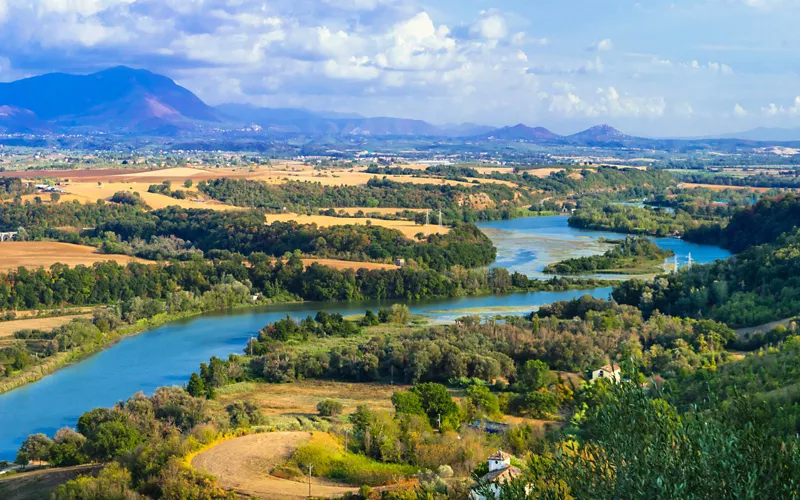
Along the Tiber, the meeting point for the Big Jump is the wonderful Nazzano Tevere-Farfa Nature Reserve. Ready to become children again? Take a run-up and... splash! Anything goes to celebrate the beauty and joy of meeting the river: elegant dives, improbable jumps, funny postures.
The purpose of this event is both playful and symbolic. The message of the Big Jump is clear: we jump to protect river environments, we jump to improve the quality of water and our health, we jump to become the guardians of rivers.
The first Big Jump
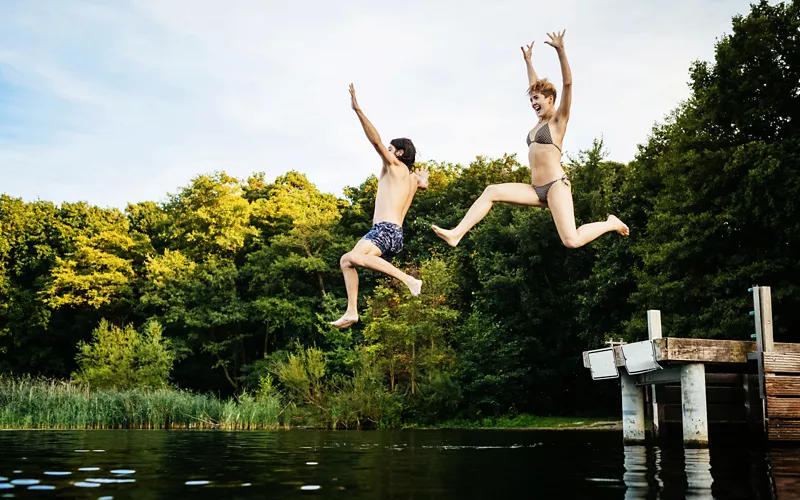
The Big Jump is an annual flash mob held simultaneously throughout Europe, established by the European Rivers Network in 2002. Its goal is to reconnect citizens with their rivers, lakes and wetlands, symbolically uniting them in a big jump, and to raise awareness about the consequences of climate change and environmental pollution.
Since 2002, about 200,000 people have participated in 34 different countries. The Big Jump also seeks to support those who work every day to protect and restore freshwater systems within the European Union. Many rivers, lakes and wetlands are in urgent need of protection, threatened by the presence of large industrial structures, or heavily polluted, or neglected in their maintenance works. Rivers all over Europe are used as dumps, some are inaccessible, others have lost their levees and beaches. From the 1990s to the present day much has changed, but it is still not enough.
So it is us, personally, who must raise our voices and demand that the economic development become finally sustainable. What is sustainable development? It is "that development which enables the present generation to meet its own needs without compromising the ability of future generations to meet theirs" (Our Common Future, Brundtland Report, 1987). So yes: protecting the environment and safeguarding the generations to come is our job.
Did you ever think that a 'simple' dive could tell so much?
